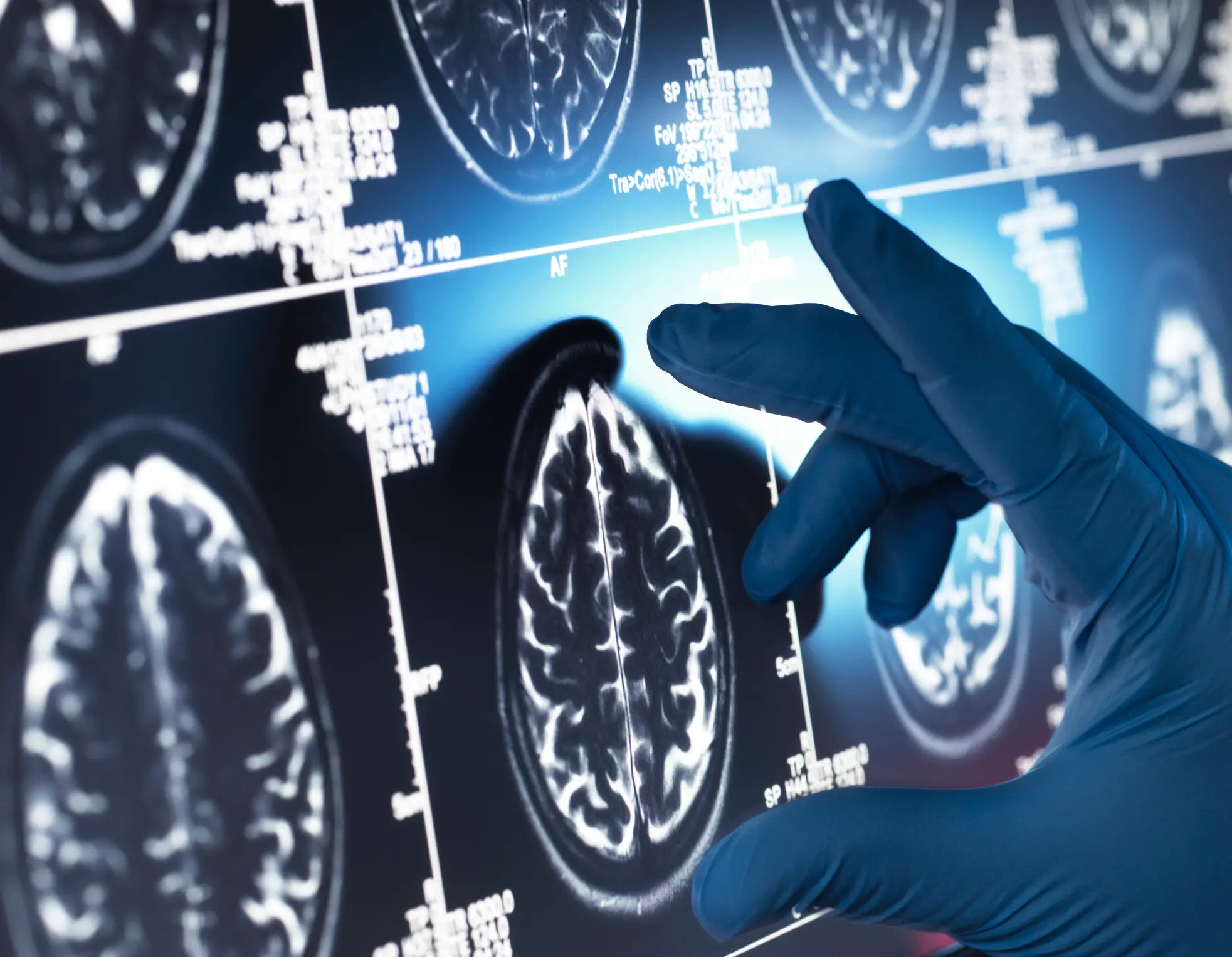As a British TV presenter reveals the first Alzheimer's symptoms she experienced, UCLA researchers have shared four early warning signs of the disease.
According to the Alzheimer's Association, Alzheimer's disease is a progressive condition that affects multiple brain functions, with symptoms including memory loss, difficulty completing familiar tasks and confusion with time or place. Early-onset Alzheimer's refers to anyone who receives a diagnosis before the age of 65.
British journalist and broadcaster, Fiona Phillips, 64, was diagnosed with early-onset Alzheimer's in 2023.
She recently spoke about the first symptoms she'd experienced in an article for the Daily Mail, admitting that she'd initially brushed if off as a side-effect of the menopause.
Advert
"For me it was the sense of brain fog and a sense of anxiety that I could rarely shake off. The simplest thing, like going to the bank to ask about my account, would send me into a total panic, and there were mood swings too, which meant even I was finding my behaviour unpredictable.
"And yet, despite not wanting to be like that, I couldn't do anything about it. I felt I'd lost control over my life."
Now, researchers at UCLA have discovered four distinct pathways that lead to the condition.
The study, published in the journal eBioMedicine, analysed data from nearly 25,000 patients that revealed how conditions progress step-by-step toward Alzheimer's disease.
The research identified four major pathways.

Mental health pathway
First, the mental health pathway refers to psychiatric conditions leading to cognitive decline.
According to studies cited by Harvard Health, people who had been diagnosed with depression since middle age were at a greater risk (80 percent) of developing dementia, in comparison to a 70 percent increased risk in those who had become depressed late in life.
Encephalopathy pathway
The study also found that progressive brain dysfunction conditions can also lead to the development of the disease.
Such conditions can be caused by genetics, illness or traumatic brain injuries.
Mild cognitive impairment pathway
Mild cognitive impairments - characterised by memory or thinking problems more significant than expected for a person's age, but not so much that they significantly impair their life - can also decline over time, progressing into the condition.

This finding is backed up by the Mayo Clinic, who explain that people with mild cognitive impairments are at a higher risk of developing Alzheimer's or dementia.
Vascular disease pathway
Lastly, cardiovascular conditions can contribute to a higher risk of getting dementia.
This is because conditions like high blood pressure and heart disease can damage blood vessels in the brain, impairing blood flow and potentially leading to cognitive decline.
The study found that approximately 26 percent of diagnostic progressions showed consistent directional ordering between pathways. For example, high blood pressure often preceded depressive episodes, which then increased Alzheimer's risk.
Lead author Dr. Timothy Chang, assistant professor in Neurology at UCLA Health, said: "Recognizing these sequential patterns rather than focusing on diagnoses in isolation may help clinicians improve Alzheimer's disease diagnosis."
If you've been affected by Alzheimer's and would like to speak with someone in confidence, contact the Alzheimer's Association via 800.272.3900 open 24 hours seven days a week.

